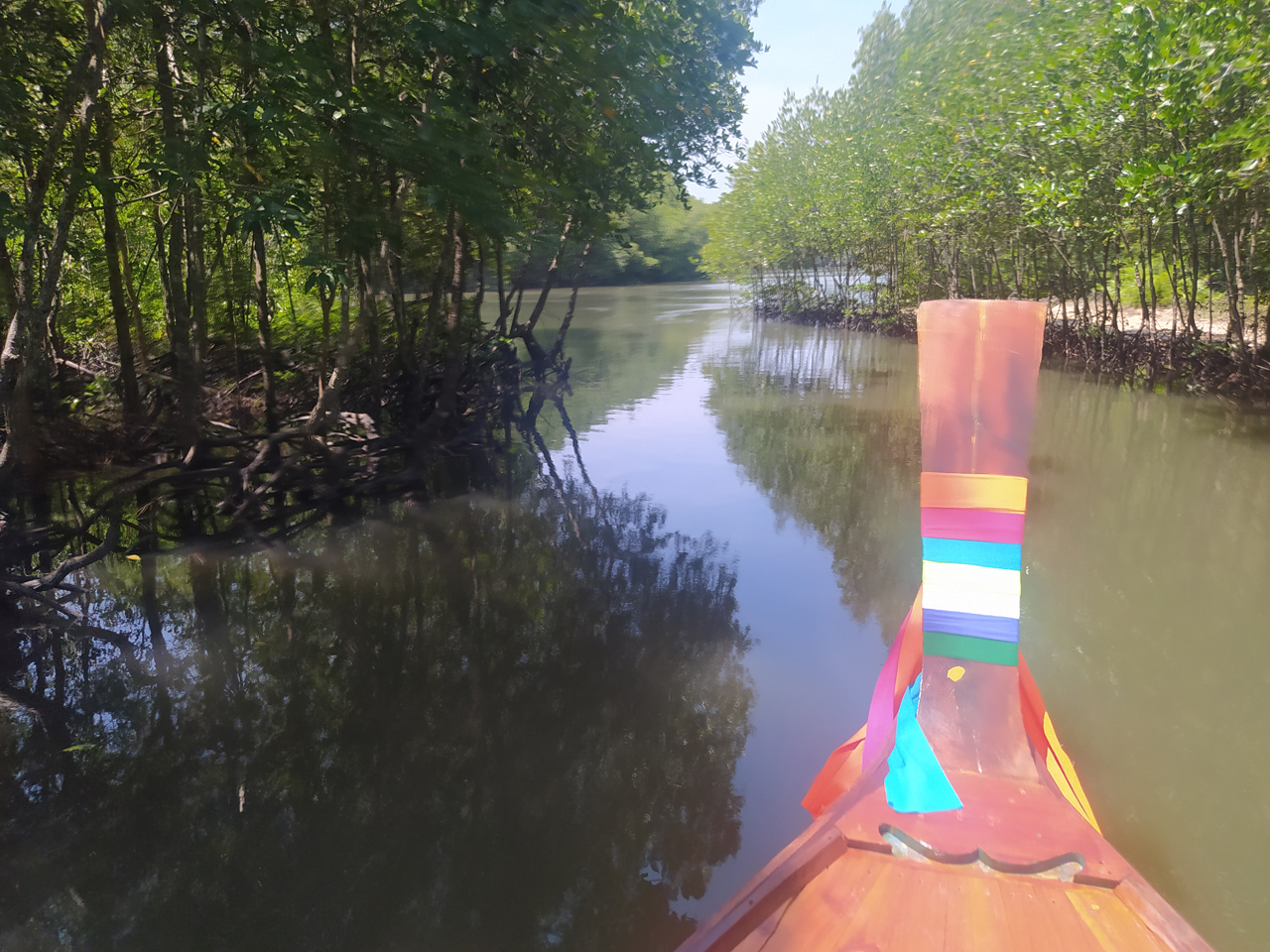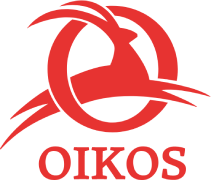COAST
Collaborative actions to strengthen the participation of Thai organizations in addressing the challenges of climate change, gender equality, and social inclusion

Country
Partner
Communities on the frontline to protect Thailand's coastal ecosystems
The northern Andaman coast is an area of great ecological importance, as well as an international tourist destination. However, overexploitation of marine resources, uncontrolled coastal development, pollution, and the climate crisis threaten local ecosystems. The consequences of this are especially felt by the most vulnerable populations, who rely on subsistence farming and fishing for their livelihoods.
How do we respond to these challenges? Our answer lies in collaboration: we strengthen the role of civil society organizations, promote participatory management of coastal resources, and raise awareness of the effects of climate change.
Environmental degradation and livelihood vulnerability are two sides of the same coin. The only way to break this cycle is to restore coastal ecosystems, which are as fragile as they are valuable. Our approach to winning this challenge is based on cooperation between civil organizations, authorities, and local communities.
1. Protecting the sea and coasts: civil society as a protagonist
Activities begin with a detailed mapping of local actors and their skills, followed by promoting collaborative engagement among the various stakeholders. We then provide training and technical assistance to associations engaged in forest and marine conservation to strengthen their capacity to manage and restore coastal ecosystems. We also develop standard operating procedures to make natural resource management more effective.
2. Telling stories, engaging in dialogue, and advocacy
Together with our partners, we have designed a specific training programme that provides young journalists with the skills needed to tell environmental stories, with a focus on carbon footprint and climate change. We also promote collaborations between organizations and media to improve their advocacy capabilities.
One of our main objectives is to facilitate constructive dialogue between communities and authorities. We do this through collaborative workshops aimed at integrating best environmental practices into local and national regulations.
3. The importance of protecting marine and coastal resources
COAST includes a broad environmental education campaign. Teachers receive specific training to address major environmental issues in the classroom, while children are involved in interactive awareness activities. We also organize environmental conservation summer camps, where we plant mangrove seedlings together and learn about key species in seagrass beds, including the dugong.
Il progetto in numeri
180k
potabile in Tanzania
22k+
raccolti a Ibo, Mozambico
52k+
in Mozambico e Myanmar
11k+
di educazione nel mondo
200
di attività economiche
in Tz e Myanmar
1700
in Italia
1700
in Italia
52k+
in Mozambico e Myanmar
1700
in Italia

